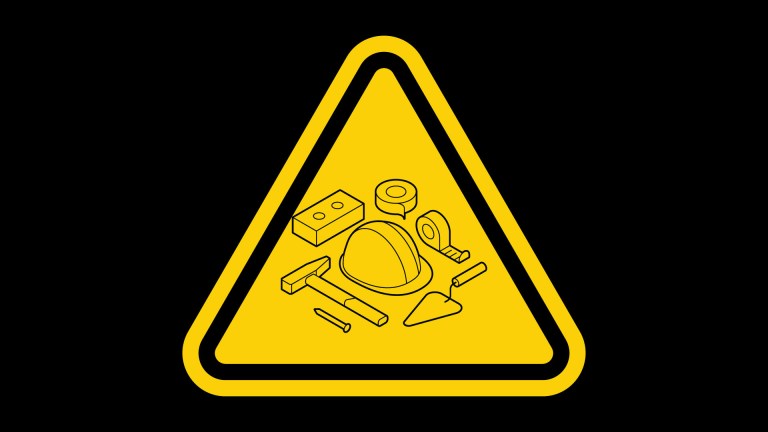The “shameful” practice of withholding tips from hospitality staff has been banned, the government has announced, in a move which also appeared to acknowledge that the national minimum wage does not cover living costs for millions of people across the UK.
Under the new legislation, designed to help around 2 million workers, employers must pass any and all tips to staff and give workers the right to request a record of tips to see whether they have been ripped off.
Moves towards a cashless society, sped up by the pandemic, have made it easier for bosses to either keep waiting staffs’ tips paid by card, or make their own decisions on how to share them out within the company.
In the same breath announcing the new plans, The Department for Business (BEIS) acknowledged that “most hospitality workers – many of whom are earning the national minimum wage or national living wage – rely on tipping to top up their income.”
The Living Wage Foundation welcomed the changes but pushed for the government to ensure full-time work provides enough money for people to live on.
“Any move to improve pay in low-paid sectors like hospitality is welcome, but if this work is to be truly valued we need to see more people lifted onto a real Living Wage,” the foundation’s interim director, Graham Griffiths, told The Big Issue. We all need a wage that meets our everyday needs.”










